15 Bizarre Food Laws That Could Get You Arrested in Some States
America’s legal system has no shortage of quirks, but food-related laws might just take the cake, sometimes literally. Across the country, oddball rules pop up that leave people scratching their heads and wondering, “Who thought this was necessary?” Here are 15 strange food-related laws—alleged or real—that help define the lighter side of U.S. legal oddities.
Don’t Send Pizza Without Permission in Louisiana

Credit: pexels
Ordering a surprise pizza for a friend might seem harmless, but Louisiana law says otherwise. Anyone who sends food deliveries without the recipient’s consent could be fined up to $500. Though intended to prevent prank deliveries, this law leaves no room for spontaneous generosity or cheesy surprises at the door.
Moose + Booze = Illegal in Alaska
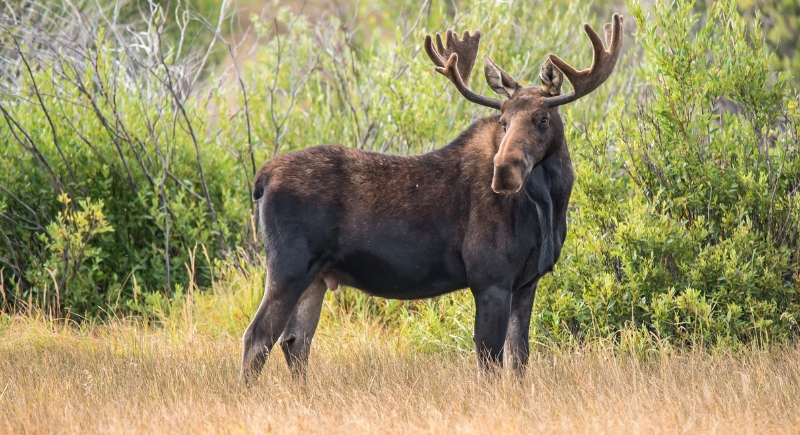
Credit: Getty Images
Though this may sound like a joke, the law was added after repeated reports of moose getting into fermented substances and behaving erratically. One moose famously wandered through Anchorage, tangled in Christmas lights after sneaking into a brewery’s stash. Wildlife officials didn’t laugh, and neither did lawmakers.
Only Real Butter in Wisconsin Institutions

Credit: fortyforks
Only real butter is permitted to be served in state-run institutions like schools, hospitals, and detention centers. Margarine is banned unless medically necessary. The rule dates back to when the state’s dairy industry pushed back hard against margarine, even requiring it to be dyed pink or yellow to distinguish it from butter.
Grease Theft in North Carolina
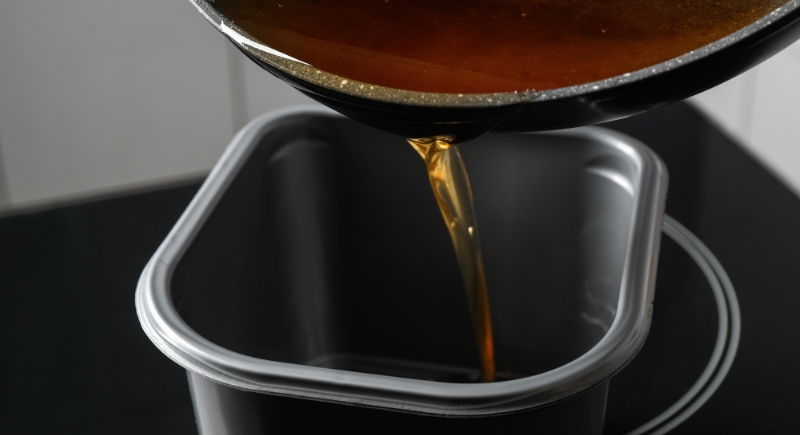
Credit: Africa images
Used cooking oil has value—enough, apparently, to motivate theft. In North Carolina, stealing more than $1,000 worth of restaurant grease is considered illegal. The law was tightened in 2012 when businesses began reporting frequent thefts. Thieves often resell the oil for biofuel.
You Can’t Harvest Seaweed at Night in New Hampshire

Credit: Getty Images
The law dates back to colonial times, when seaweed was used for fertilizer and communities competed over access. Collecting it under the cover of darkness made disputes worse, so local leaders restricted the practice to daylight hours. The law remains on the books, rarely cited but never repealed.
No Donuts While Walking Backward in Ohio
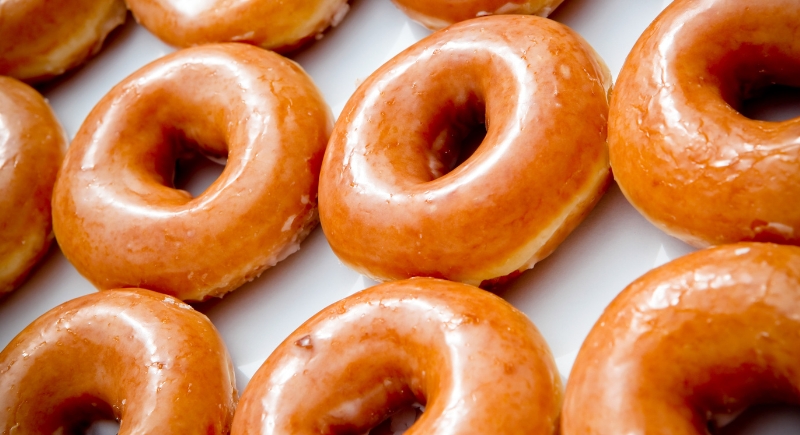
Credit: Getty Images
Marion, Ohio, once declared it illegal to eat a donut while walking backward. The reasoning remains unclear—some think it was written to discourage kids from goofing off in public spaces. Whether enforced or not, this has stuck around as one of the more oddly specific food-related rules in the U.S.
Watch the Vending Machine Rage in Kansas

Credit: Syda Productions
If your candy bar gets stuck in Derby, Kansas, take a breath. It’s illegal to hit or rock a vending machine there. This law came after damage complaints from local businesses. Even though frustrations with jammed candy bars are universal, Kansas doesn’t give leeway for outbursts.
Don’t Fish with a Lasso in Tennessee
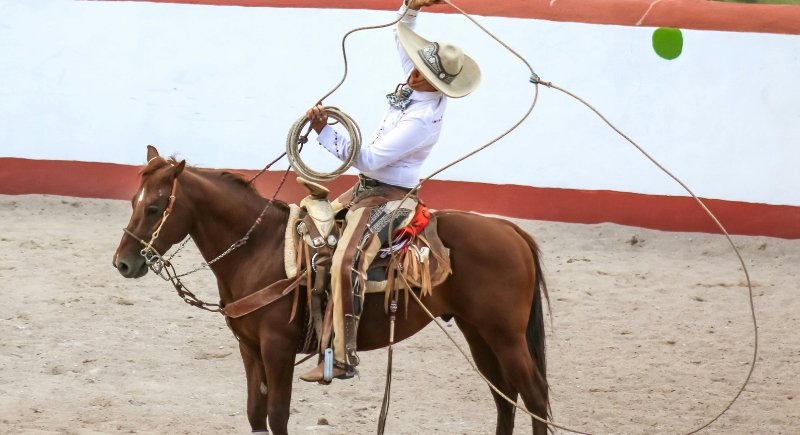
Credit: pexels
Tennessee state law bans using lassos to catch fish. The rule might sound silly, but it’s likely part of broader regulations meant to promote humane and fair fishing methods. Also, let’s be honest—it’s probably not the most effective strategy for reeling in dinner.
No Happy Hour Deals in Massachusetts

Credit: Getty Images
Massachusetts hasn’t allowed traditional happy hour drink specials since 1984. That means no discounts tied to time of day, sports scores, or trivia nights. The law was originally passed for public safety reasons. While restaurants can run food deals or drink combos, time-based promotions are off the table.
Meat Words Are for Meat in Arkansas

Credit: Getty Images
Since 2019, the state has banned plant-based products from using terms like “meat,” “sausage,” or even “rice” if they aren’t the real deal. This labeling law aims to avoid consumer confusion, but it’s also stirred plenty of debate.
Vidalia Onions Must Be Local in Georgia
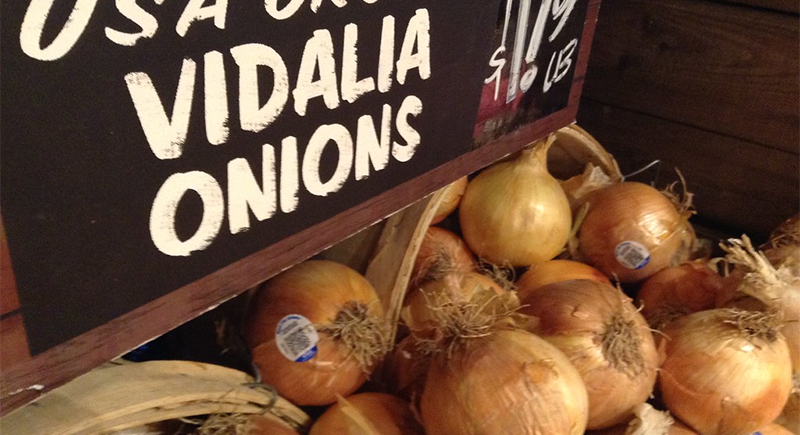
Credit: flickr
In Georgia, not just any sweet onion gets to be called “Vidalia.” To earn that name, the onion must be grown in a 20-county region with specific sandy soil. It’s all about preserving flavor and tradition. Anything outside that zone is just a sweet onion.
Catfish Labels Have to Be Specific in Mississippi
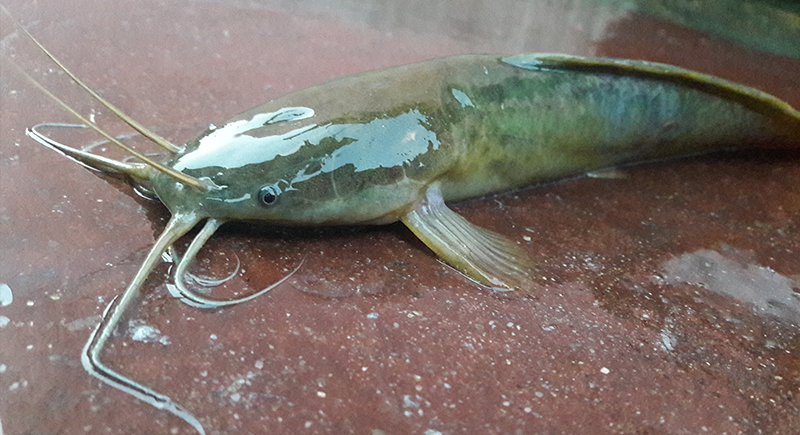
Credit: Wikimedia Commons
By law, only species from the Ictaluridae family can be labeled “catfish,” and menus must clearly say when the fish is imported to protect local aquaculture and keep diners informed. So if you’re ordering fried catfish and it didn’t come from U.S. waters, it has to say so, right on the menu.
Horse Meat Requires a Label in Florida
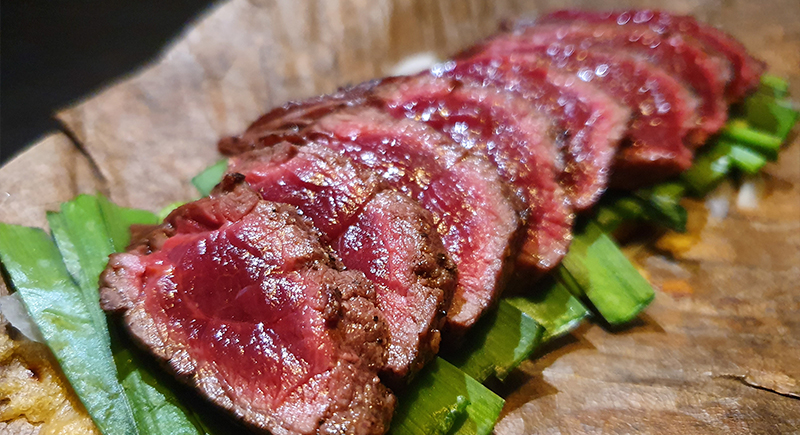
Credit: Wikimedia Commons
In Florida, selling horse meat for human consumption isn’t outright banned, but it comes with strict labeling requirements. Any package intended for people must be clearly stamped “Horse Meat.” The law ensures full transparency, though the sale is rare and comes with layers of additional regulation.
Restaurants Must Flag Salty Items Nationwide
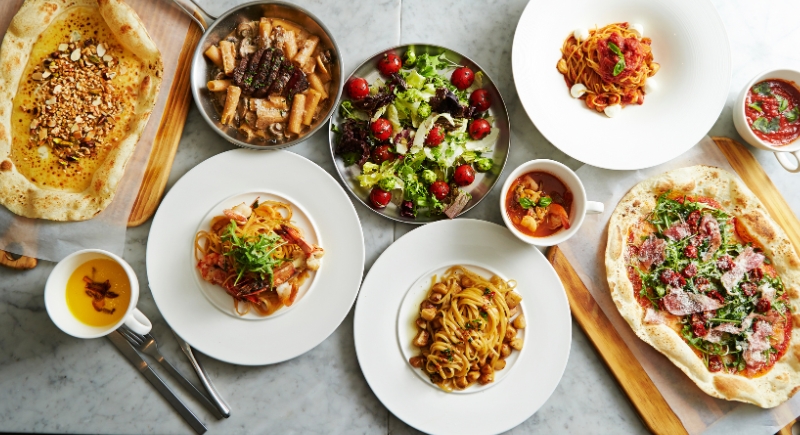
Credit: Getty Images
According to FDA rules, chain restaurants in New York with 15 or more locations must warn diners about sodium overload. If a menu item packs 2,300 mg of sodium or more—the recommended daily limit—it must feature a clear triangle salt-shaker icon printed as large as the price.
Alaskans Can Catch a Lot of Salmon
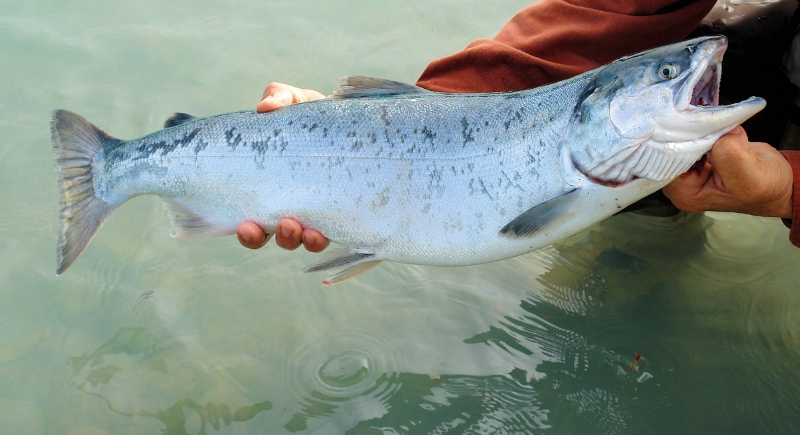
Credit: pixabay
On Alaska’s Copper River, residents can harvest salmon for personal use, but there are rules. The head of a household can claim up to 25 salmon, and for every additional household member, they get 10 more. It’s part of the state’s subsistence and personal-use fishing laws that support locals.